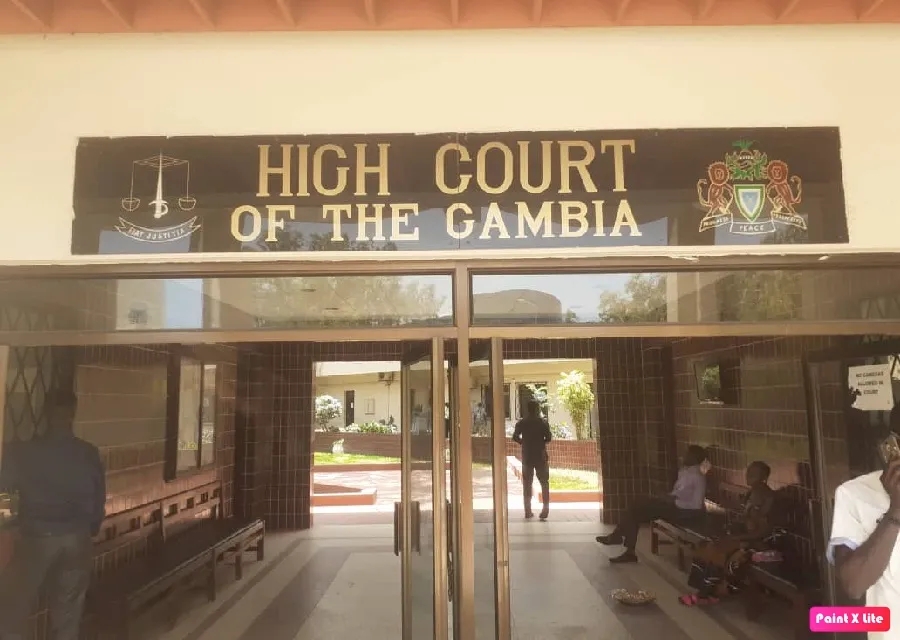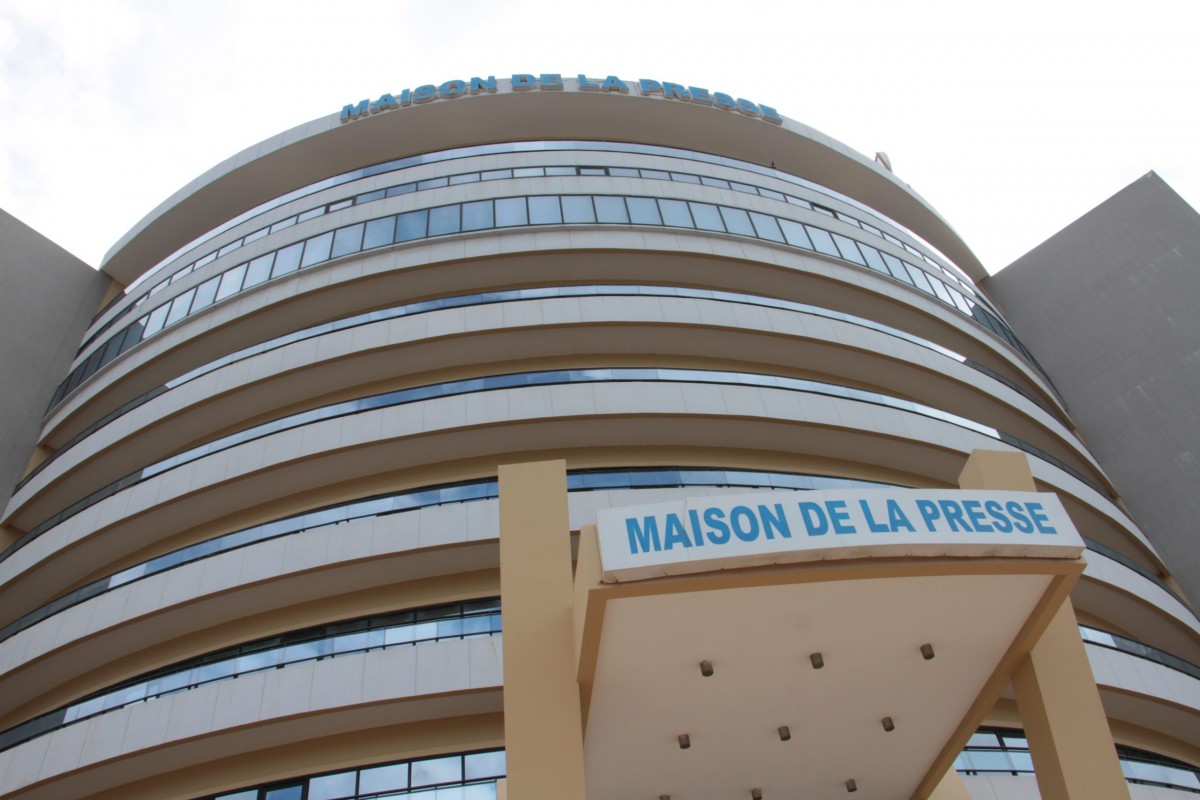Gambiaj.com – (DAKAR, Senegal) – On Tuesday, Senegal’s Minister of Communication, Alioune Sall, released a provisional list of media outlets officially recognized by the government. Out of 535 registered entities, only 112 were included, comprising 54 online platforms, 10 television stations, 14 newspapers, 14 radio stations, 11 community radio channels, and 6 web-based TV platforms.
However, the exclusion of several influential media outlets has sparked significant public debate. Among the omissions are Sen TV and Zik FM, both part of the prominent D-Média group owned by Bougane Guéye Dany. Interestingly, La Tribune, a print publication under the same group, was included in the list.
Similarly, Le Quotidien, a leading newspaper from the Avenir Communication media group owned by Madiambal Diagne, and 7TV, a television station owned by Maimouna Ndour Faye, were notably absent. In the online press category, Senego, a widely followed platform, was also excluded.
Minister Sall clarified that the published list is provisional, giving unrecognized outlets a 72-hour window to regularize their status and align with the country’s press code. Failure to comply within this timeframe will result in exclusion from public funding and government contracts.
Alioune Sall further announced a significant increase in the annual Press Support Fund. He stated that the fund will be raised from 1.9 billion FCFA to 4 billion FCFA.
Implications for the Media Landscape
The decision has raised questions about the criteria used to evaluate media outlets and the potential impact on press freedom in Senegal. Critics argue that the omission of established names could point to selective enforcement or political motives.
“Everyone must have noticed that Le Quotidien, a reference newspaper, is no longer among the media recognized in Senegal by the Pastef regime,” declared Madiambal Diagne, CEO of the Avenir Communication Group.
“We categorically refuse to accept such an illegal decision,” he asserted, expressing solidarity with affected media outlets. “My sympathy and support go out to all media professionals bearing the brunt of the Ousmane Sonko government’s arbitrariness. We advocate for order and harmony, but in the face of such actions, we will resist,” he vowed.
Proponents, however, see the move as a necessary step to ensure adherence to professional standards and regulations outlined in Senegal’s press code. “This initiative is about accountability and quality in the media sector,” a communication ministry official stated.
Senegal’s media sector has long been a cornerstone of its democratic framework, with a reputation for vibrancy and diversity.
The next 72 hours are expected to be critical as major players decide whether to adjust their operations or contest the ministry’s decision.










